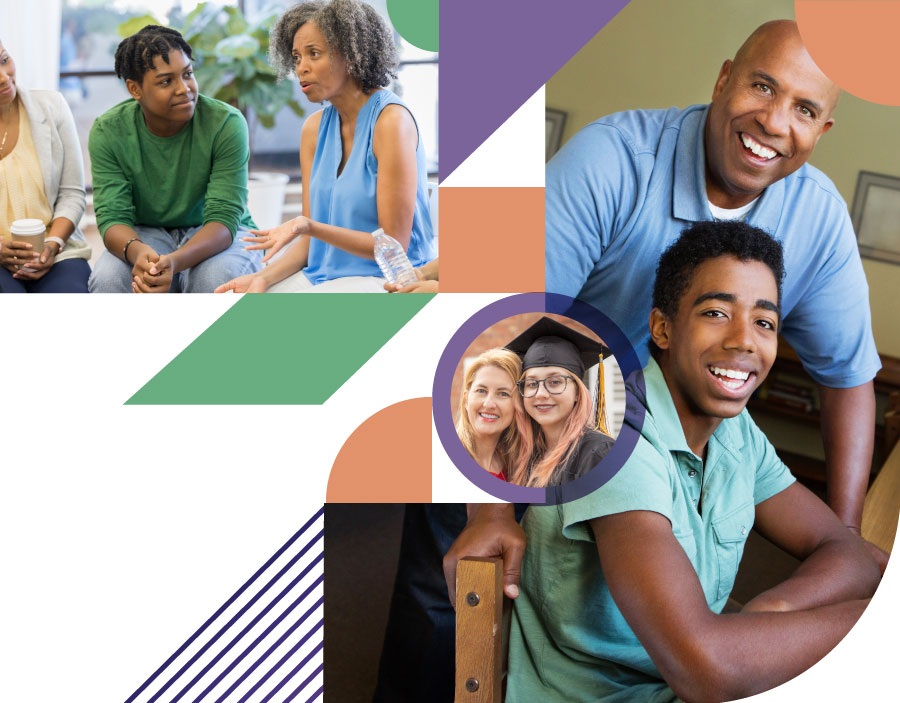Family Engagement
Family engagement is crucial during the transition process. Research shows that when families are meaningfully and continuously engaged in their children’s learning and development, they can positively impact their child’s health, development, academic, and well-being outcomes into adulthood.
Use these resources and training opportunities to begin engaging meaningfully with the families of students and youth with disabilities.

Family Engagement Training
ABLE Youth Transition Toolkit
Learn more about ABLE Accounts -- tax-advantaged savings accounts for people with disabilities and their families. Learn more from NTACT:C and ABLE National Resource Center about the ABLE Youth Transition Toolkit.
What's New
Engaging with Families Training Module
April 6, 2023Parent and Family Involvement Annotated Bibliography
May 21, 2021Key Resources
Collaborative Assessment Guide for Transition
This guide is intended to help develop a coordinated assessment approach for transition planning and service delivery and includes a guide for Collaborative Family Engagement Strategies (PDF).Family Engagement Info Brief (PDF)
The Family Guideposts highlight proactive roles families can play in the five Guidepost areas and offer examples of how families can become informed, supportive, and engaged in their youth’s transition. This information will also be helpful to professionals seeking strategies to effectively partner with families, and to advocates looking to empower families in the transition process.Family Engagement: An Informed Family Engagement Plan (PDF)
Handout from a workshop at the NTACT Capacity Building Institute on strategies for meaningful engagement with families of transition-aged students.Community Rehabilitation Providers Pre-ETS Guidebook
Securing parental consent and continued parent engagement is important when working with transition age students. This guidebook offers strategies for community rehabilitation providers to collaborate and engage with families when providing Pre-ETS services to youth.
